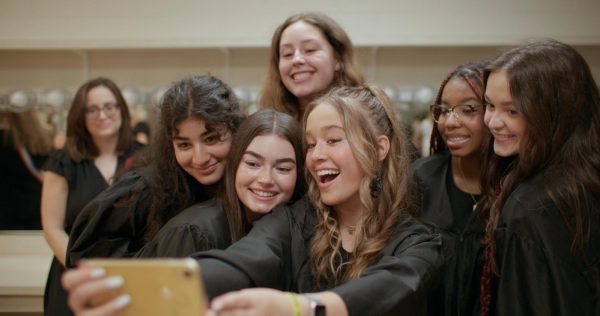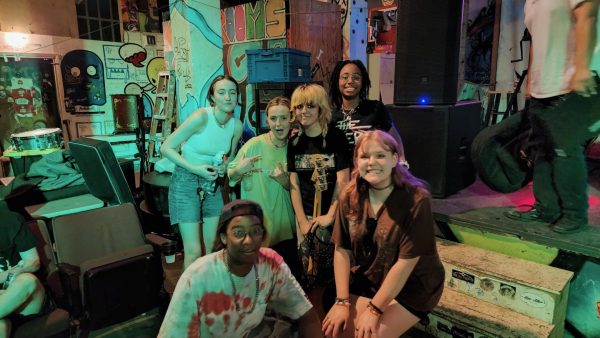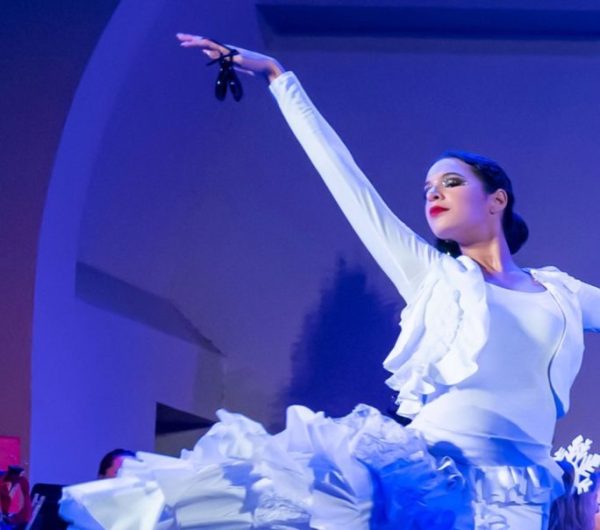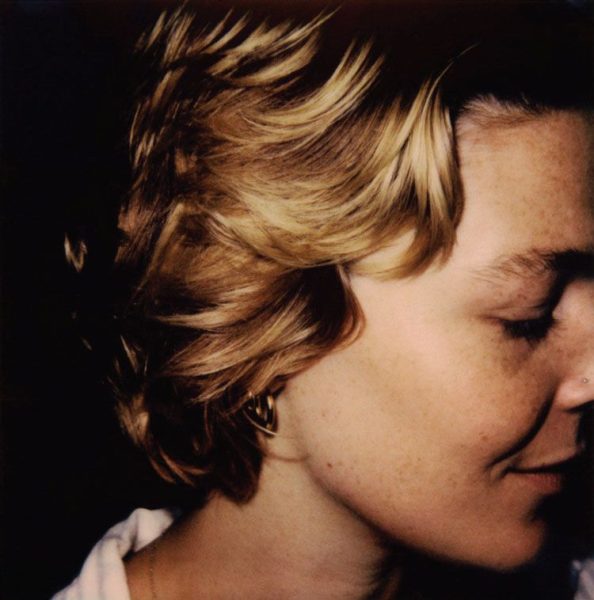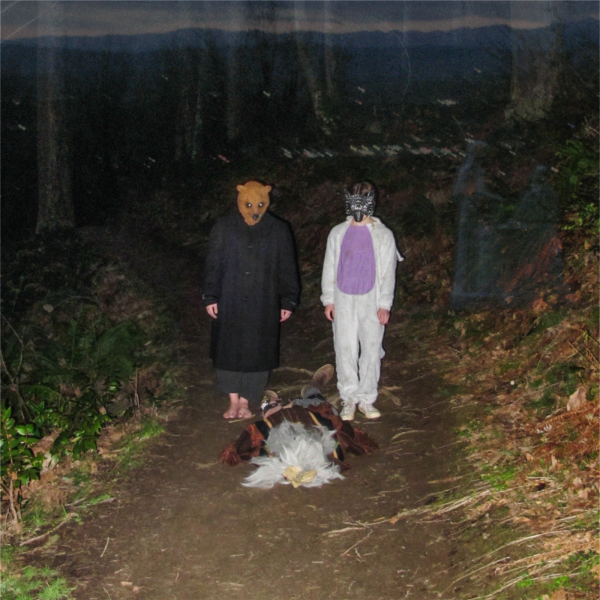‘Tickets To My Downfall’: Machine Gun Kelly’s successful pop-punk debut
October 7, 2020
Most people know Machine Gun Kelly (MGK) as a rapper. Some may recognize him as an actor, but few would call him a pop-punk singer — that is, until the release of his latest album “Tickets To My Downfall” (TTMD) on Friday, September 25. Produced by Blink-182 drummer Travis Barker, the album is reminiscent of ’90s and early 2000s pop-punk music, a near-180 from his 2019 album “Hotel Diablo,” which sits firmly in the rap genre.
Though this shift away from rap may appear sudden to many of his fans, MGK has a long history with pop punk. Nearly a decade ago in 2011, he posted a video titled “Machine Gun Kelly meets his favorite band Blink 182 for the 1st time!” Nine years later, Barker and MGK have collaborated on several of his “quarantine session” covers, not to mention Barker producing TTMD.
At 36 minutes with 15 tracks, two of which are spoken interludes, TTMD unsurprisingly sounds like a debut album. With cliché lyrics, it may disappoint some who expected more from such a seasoned artist, but when viewed through a lens of TTMD being MGK’s debut pop-punk album, it’s surprisingly solid. Even after listening to it on repeat for hours in preparation for writing this article, I have yet to tire of the album as a whole.
Where the album lacks sophistication in lyrics, it makes up for in its musicality. The album mimics pop-punk classics such as Green Day’s “Dookie” album and Blink-182’s “Enema Of The State,” with driving guitar chords forming around the melody and Barker’s inimitable drumming style.
With its drum-heavy, crescendoed transitions similar to those found in Green Day’s “Homecoming,” “title track” could be mistaken for a track off of Green Day’s “American Idiot,” pulling listeners back in time to the early 2000s pop punk scene. “forget me too” features singer-songwriter Halsey, who lends the track a sound similar to Paramore’s Hayley Williams, allowing the style of the album to bleed from the ’90s to mid-2000s. Many of the songs start with a slow, almost acoustic intro before exploding into a much louder, more stereotypical pop-punk style, lending to the effect of hearing the raw demo immediately contrasted with the intricate, completed song.
Similar to “Hotel Diablo,” MGK explores themes surrounding fame and love in his newest release, particularly the idea of fickle friends due to fame. A concept discussed most outright in “Hollywood Wh*re” from “Hotel Diablo,” and “title track” from “Tickets To My Downfall,” MGK sings about people he considered friends having bought tickets to see his downfall.
Where “Tickets To My Downfall” differs from “Hotel Diablo” is in his outlook on love. MGK, who has previously spoken cynically about love and romance in his songs, appears to come to a different conclusion in his latest release. Songs like “bloody valentine,” surprisingly romantic despite its title, and “my ex’s best friend,” featuring singer-songwriter and producer blackbear exhibit a change of heart, one that seems to be a bit more optimistic about finding love.
Through the two spoken interludes on his album, we catch a glimpse into MGK’s newfound appreciation for close relationships in his life. There’s “banyan tree,” a conversation between MGK and his girlfriend actress Megan Fox, which describes how the couple met. The second interlude, “kevin and barracuda,” is a conversation between MGK and his close friend comedian and actor Pete Davidson, discussing what their names would be if they were aliens, which provides a clever transition into “concert for aliens.” While the interludes aren’t pointless, at over 1.5 minutes long each, they interrupt the momentum of what is otherwise a smoothly flowing album.
It’s clear that MGK is just emerging in the pop-punk genre, but the success of “Tickets To My Downfall” has begun his transformation into a pop-punk singer and artist. Given his varied artistic endeavors in both music and acting, there’s no telling what style he’ll go for next — he’s officially the Taylor Swift of rap and pop-punk.
This story was originally published on The Talon on September 28, 2020.



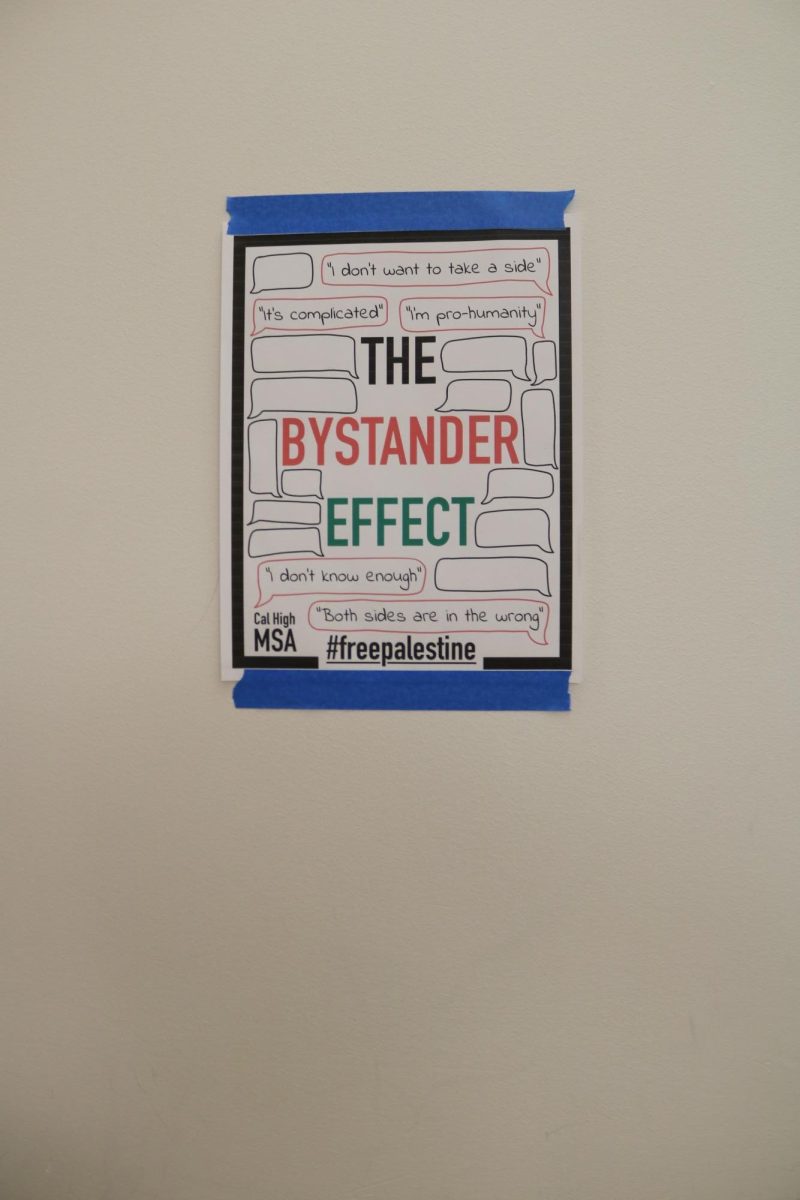
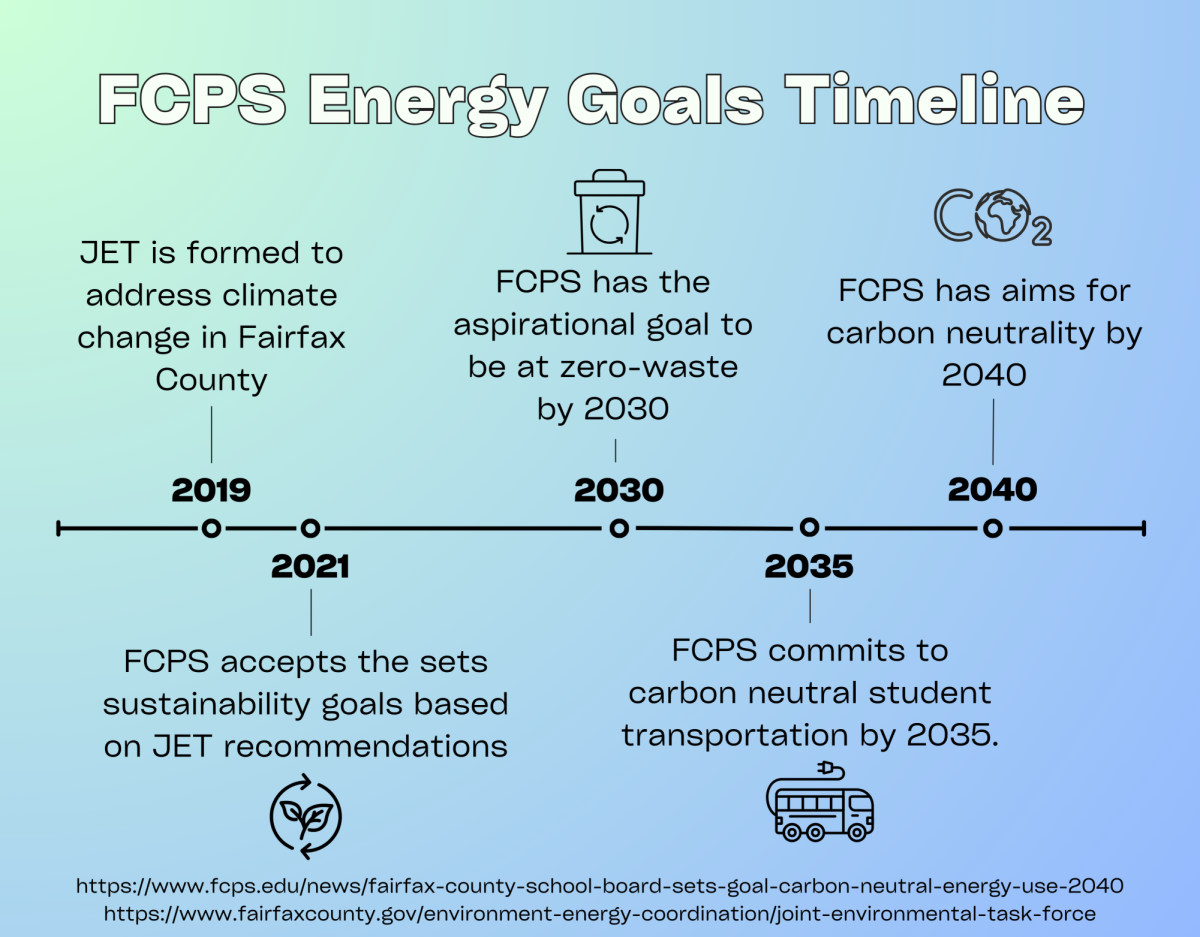







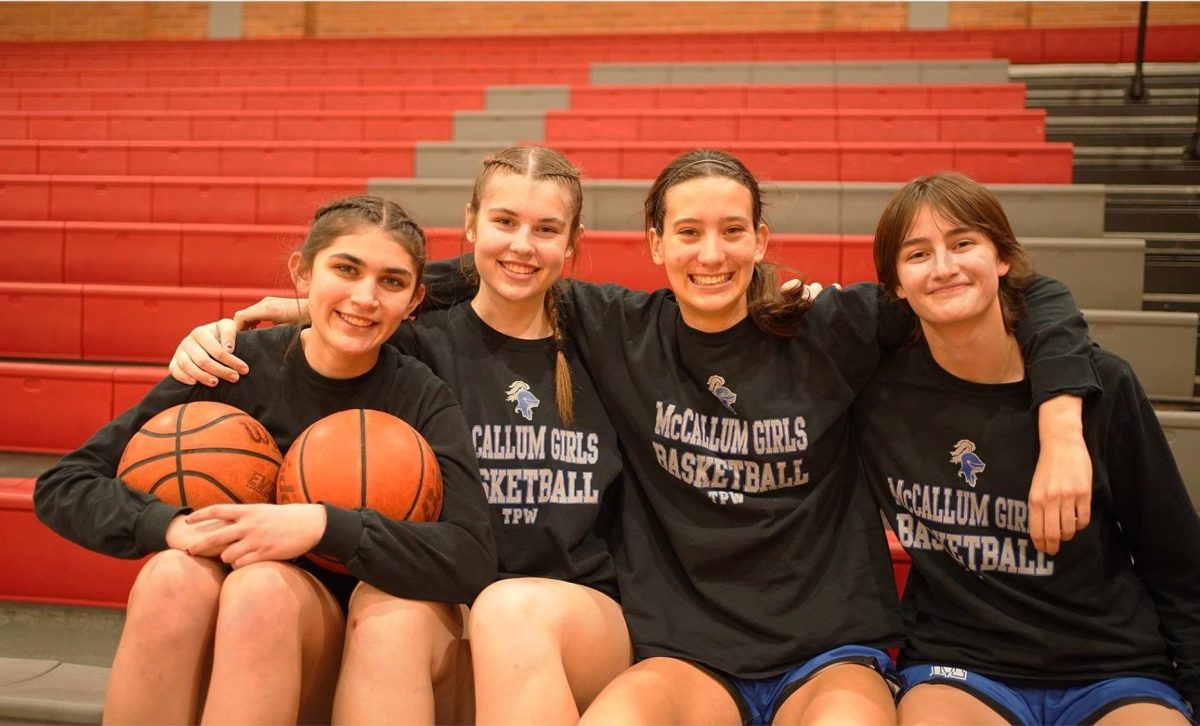
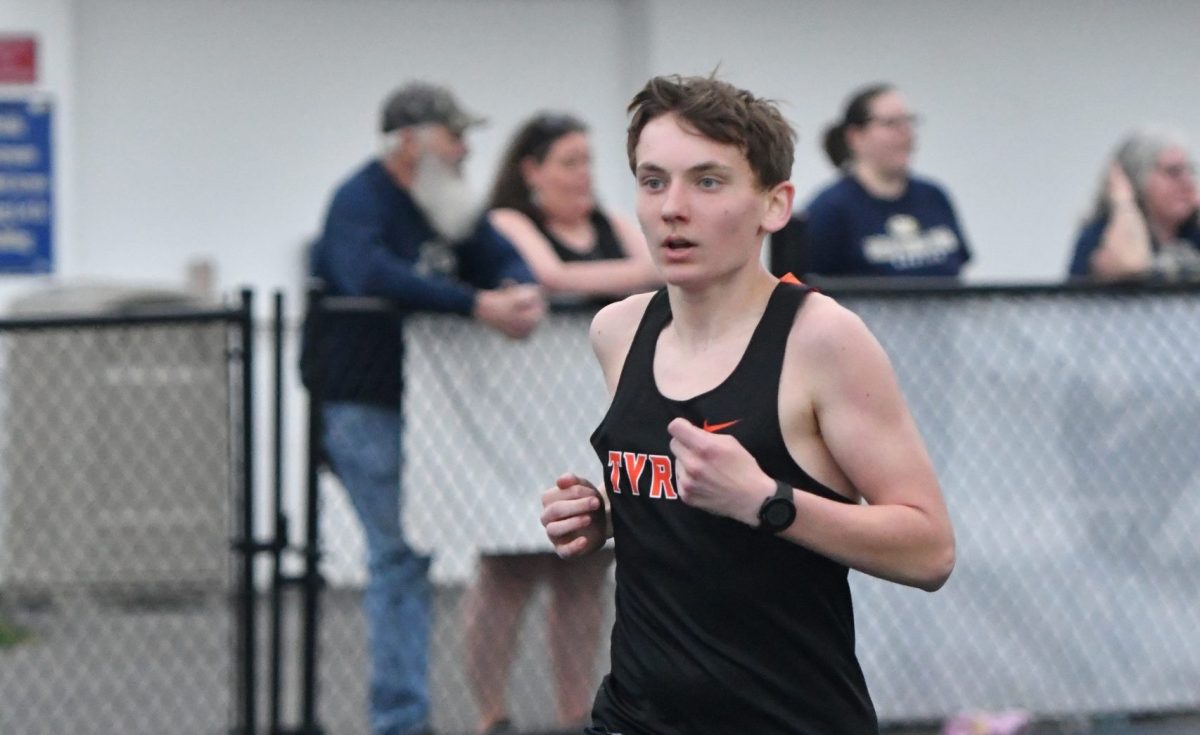

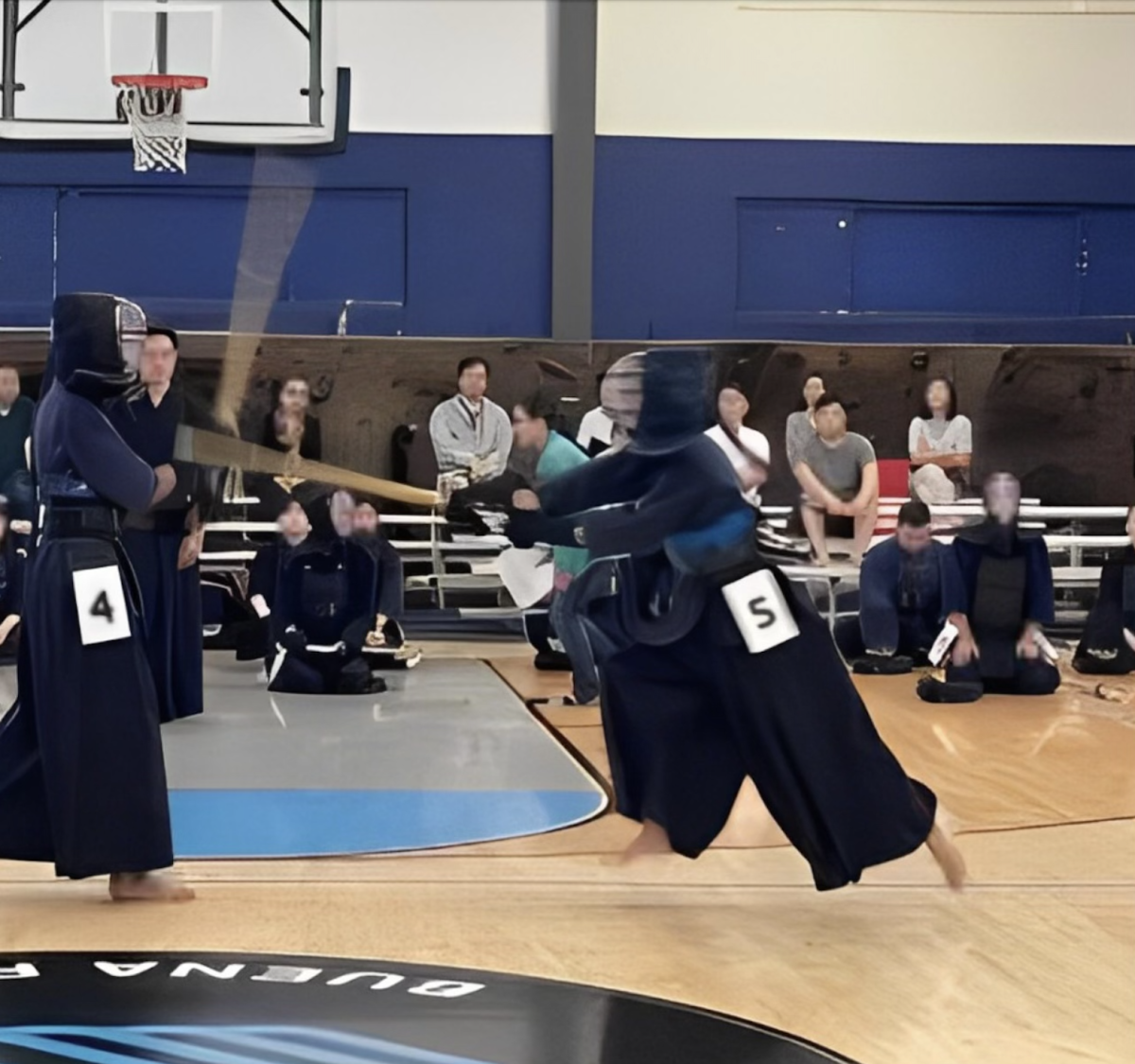
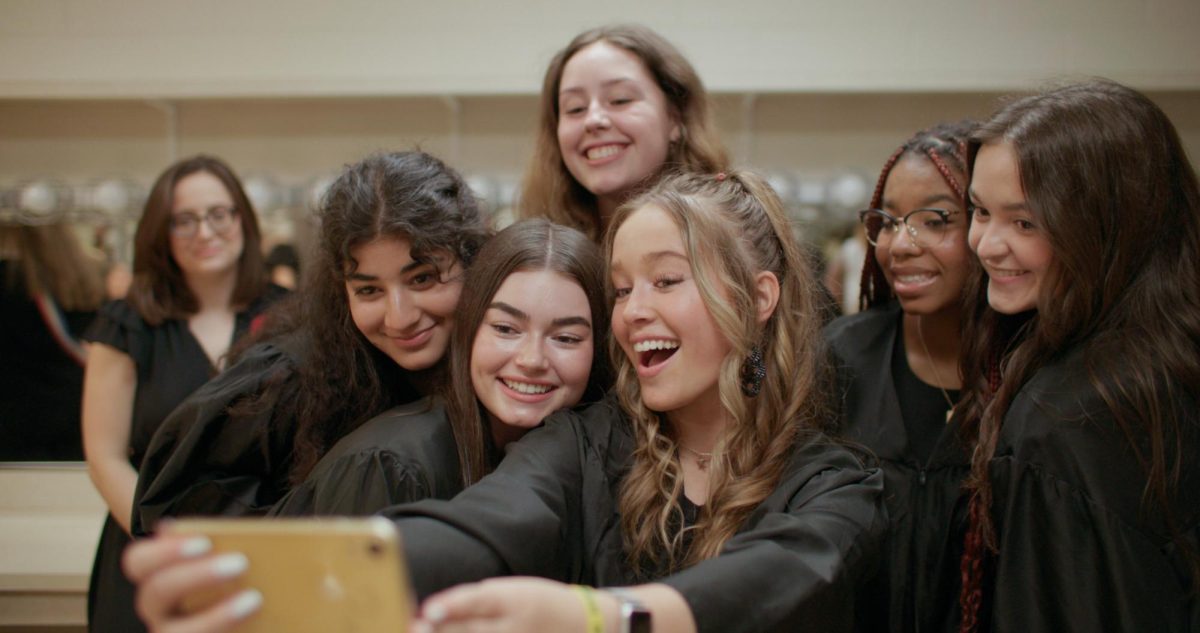
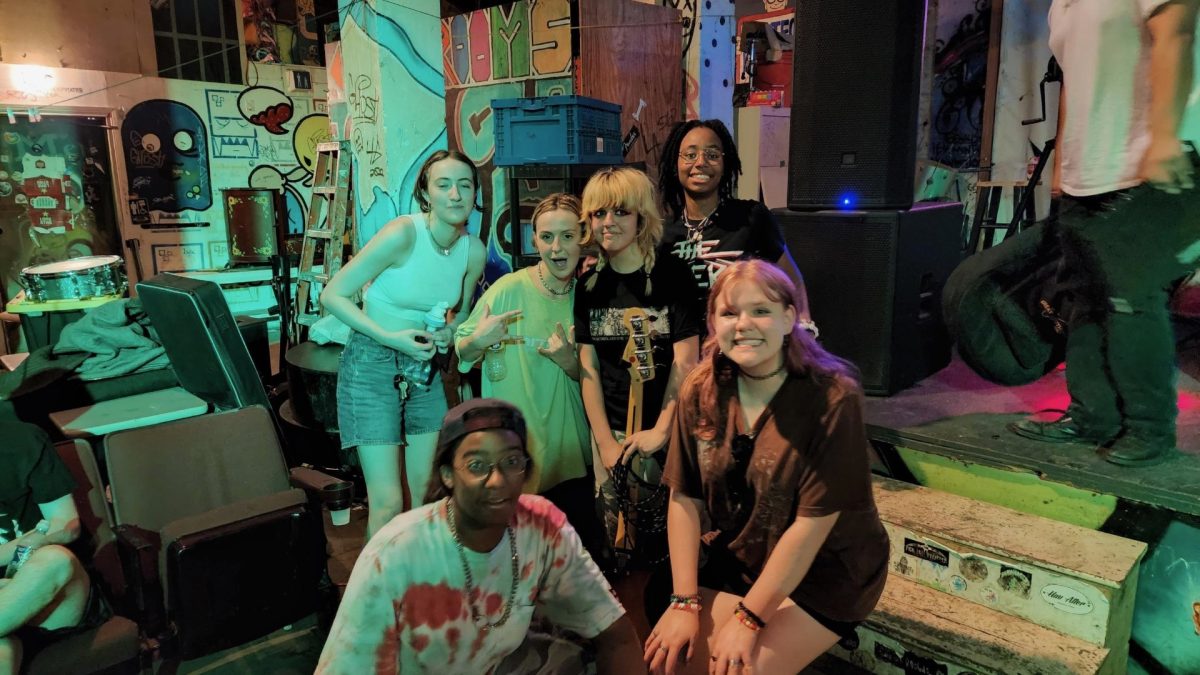














![IN THE SPOTLIGHT: Junior Zalie Mann performs “I Love to Cry at Weddings,” an ensemble piece from the fall musical Sweet Charity, to prospective students during the Fine Arts Showcase on Wednesday, Nov. 8. The showcase is a compilation of performances and demonstrations from each fine arts strand offered at McCallum. This show is put on so that prospective students can see if they are interested in joining an academy or major.
Sweet Charity originally ran the weekends of Sept. 28 and Oct. 8, but made a comeback for the Fine Arts Showcase.
“[Being at the front in the spotlight] is my favorite part of the whole dance, so I was super happy to be on stage performing and smiling at the audience,” Mann said.
Mann performed in both the musical theatre performance and dance excerpt “Ethereal,” a contemporary piece choreographed by the new dance director Terrance Carson, in the showcase. With also being a dance ambassador, Mann got to talk about what MAC dance is, her experience and answer any questions the aspiring arts majors and their parents may have.
Caption by Maya Tackett.](https://bestofsno.com/wp-content/uploads/2024/02/53321803427_47cd17fe70_o-1-1200x800.jpg)
![SPREADING THE JOY: Sophomore Chim Becker poses with sophomores Cozbi Sims and Lou Davidson while manning a table at the Hispanic Heritage treat day during lunch of Sept 28. Becker is a part of the students of color alliance, who put together the activity to raise money for their club.
“It [the stand] was really fun because McCallum has a lot of latino kids,” Becker said. “And I think it was nice that I could share the stuff that I usually just have at home with people who have never tried it before.”
Becker recognizes the importance of celebrating Hispanic heritage at Mac.
“I think its important to celebrate,” Becker said. “Because our culture is awesome and super cool, and everybody should be able to learn about other cultures of the world.”
Caption by JoJo Barnard.](https://bestofsno.com/wp-content/uploads/2024/01/53221601352_4127a81c41_o-1200x675.jpg)




